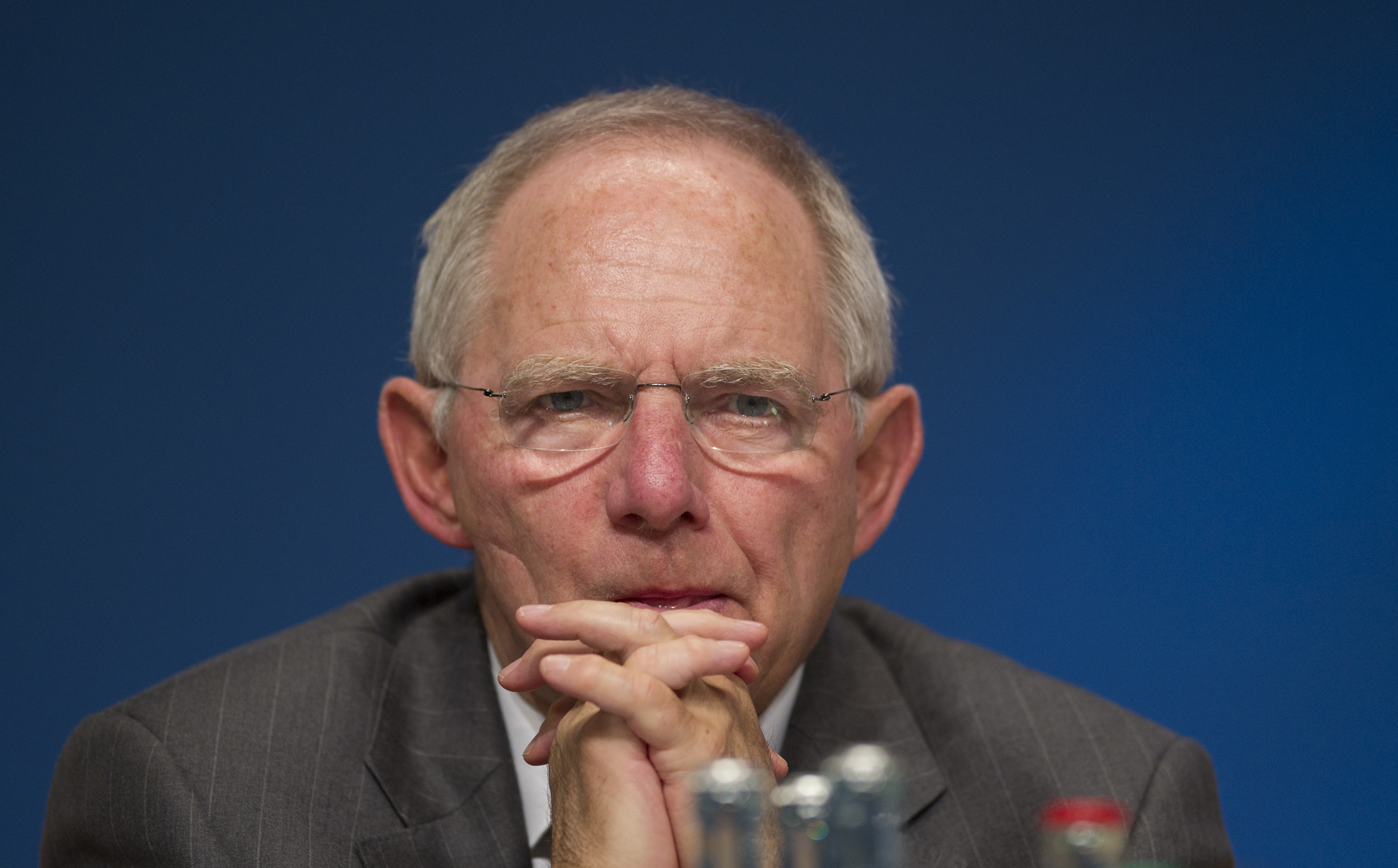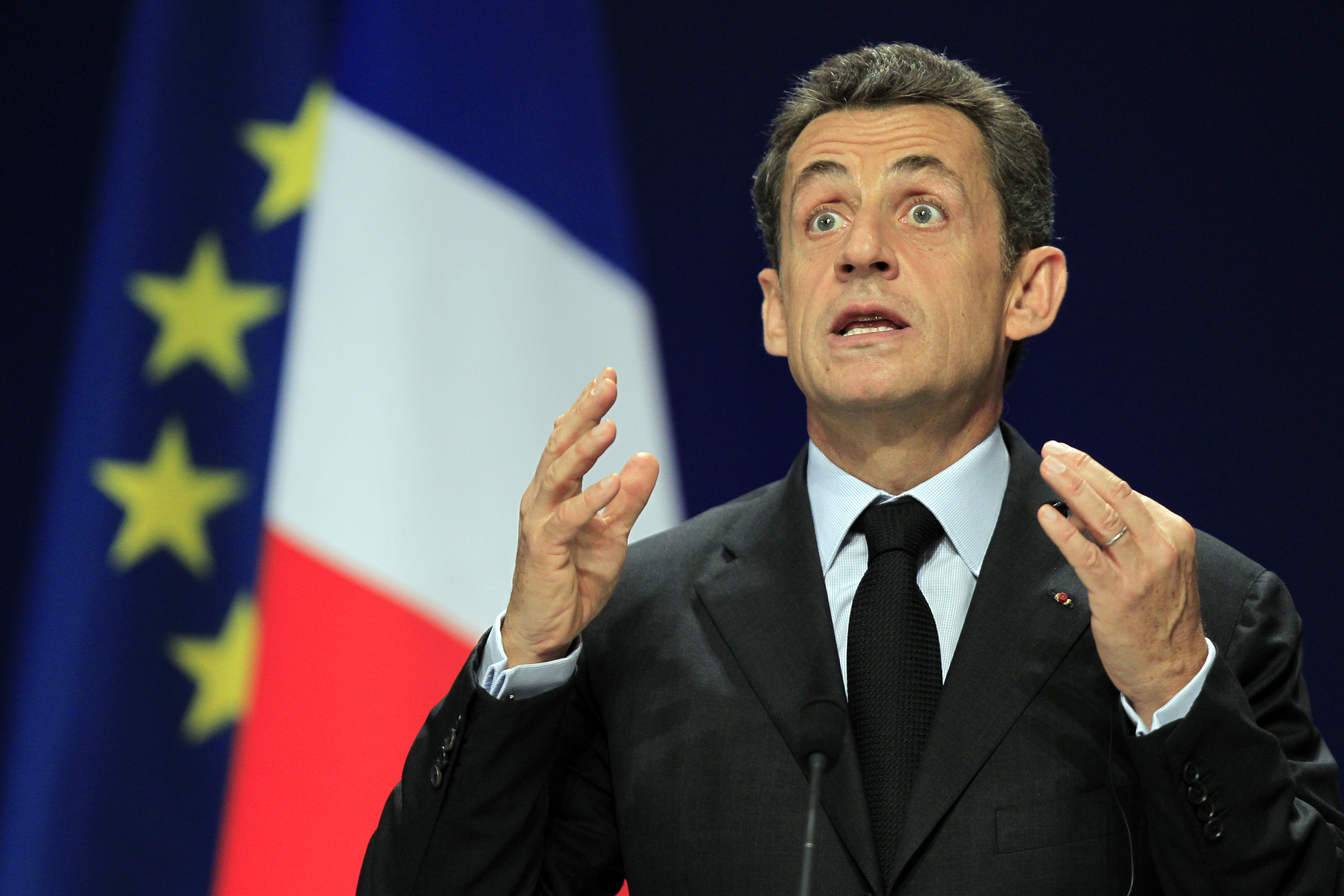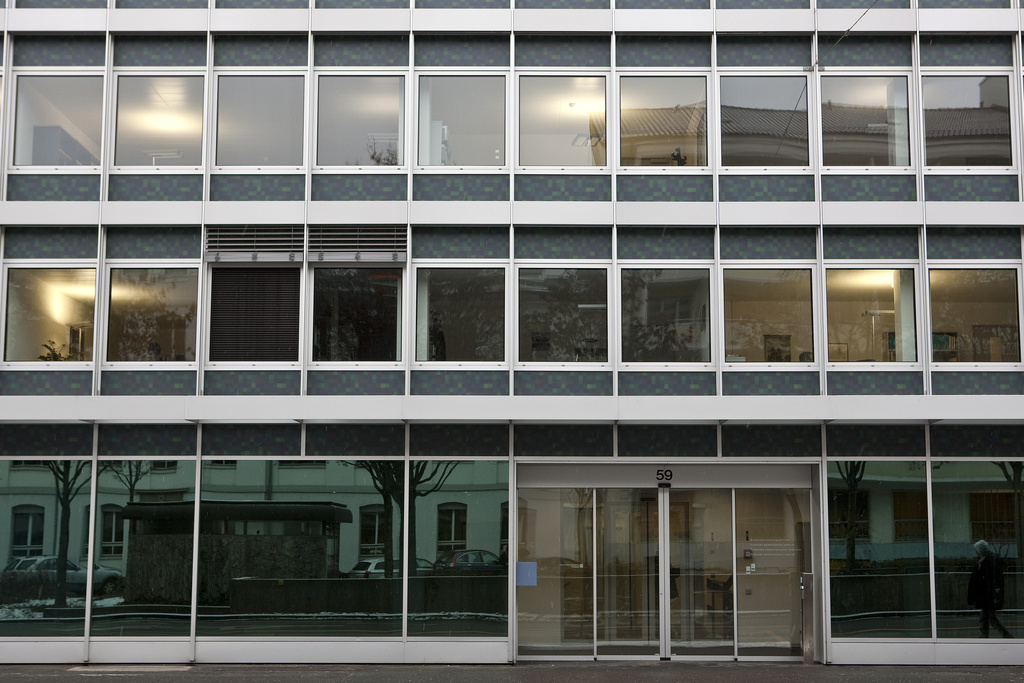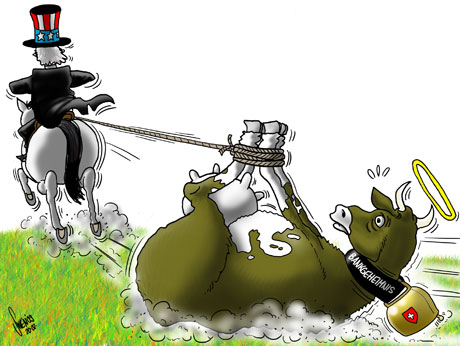Tax evasion pressure maintained on Switzerland

International pressure on tax haven Switzerland to amend its ways is showing no signs of relenting despite Swiss efforts to resolve the long-standing row.
The latest moves by Germany, France, the United States, the G20 group of powerful nations and the European Union demonstrate that the renegotiation of tax treaties will not make the issue go away.
Swiss banks have vowed to end their practice of providing safe haven to undeclared assets while the government has signed dozens of new treaties, including two ground breaking deals with Germany and Britain.
Switzerland’s goal is to shut the vaults of new tax evaders and to ensure that backdated taxes are paid back on long standing assets, while at the same time preserving the anonymity of clients and protecting the tattered remains of banking secrecy.
The deals with Germany and Britain – known as the Rubik system – promised to do just that, but recent German media reports suggested that the treaty would not pass through parliament without significant revisions.
Fresh demands
Der Spiegel news magazine reported last week that German Finance Minister Wolfgang Schäuble wants to renegotiate the landmark treaty that was signed by both parties in September.
Many German parliamentarians will reportedly refuse to rubber stamp the deal because it contains a clause that restricts enhanced Swiss administrative cooperation to 500 cases a year.
Such queries, designed to check that the deal is being implemented properly, can only apply to assets deposited after the agreement comes into force and must include the client’s name and a justifiable suspicion of irregularity.
Opposition to the treaty was voiced in September by former German finance minister Peer Steinbrück, who told the media: “It would be better not to have a new double taxation agreement with Switzerland than to have this bill.”
The German authorities have not confirmed Schäuble’s intention to seek greater administrative cooperation while Switzerland has insisted it would not enter into negotiations to revise the treaty.
Vigorous defence
If the treaty does fail to pass the hurdle of Germany’s government, it would undoubtedly please the European Union. Swiss Finance Minister Eveline Widmer-Schlumpf was forced to mount a defence of the treaty in Brussels earlier this month.
French President Nicolas Sarkozy went one step further by branding Switzerland a tax haven as he rounded off a meeting of the G20 in Cannes two weeks ago. Sarkozy included Switzerland on a list of 11 countries that he said would be published at future G20 summits to name and shame uncooperative tax states.
The unrelenting pressure from the US has also forced Switzerland to amend the 1996 tax treaty to protect banking clients from surprise attack from the Internal Revenue Service (IRS).
The tax treaty had made provision for assistance being given to the US where a client was named and evidence of an offence was provided, but did not foresee the IRS demanding data on batches of unnamed banking clients.
Following the handover of data on 4,450 UBS clients, the US has now turned the heat on Credit Suisse, demanding the same type of information despite not knowing the identities of the suspects.
Under the microscope
Credit Suisse has complied and taken it upon itself to inform clients they were the potential target of a tax investigation.
On Wednesday, the Swiss government tweaked the tax treaty to make it mandatory to tip off US based clients of the likelihood of such action.
The amendment added a layer of protection for Swiss banking clients while at the same time shoring up the banks against potential litigation from angry clients.
Some ten other Swiss banks are reported to be in the IRS’s sights and could conceivably be facing the same demands in the near future.
Banking secrecy was enshrined in Swiss law in 1934.
France and Germany launched an attack on Switzerland in October 2008 for allegedly helping foreign tax evaders hide their assets.
The country has been under continuous attack over the issue ever since.
The OECD placed Switzerland on a “grey list” of uncooperative tax havens in April 2009. The Swiss were removed in September after renegotiating more than 12 double taxation treaties, but they have refused to automatically transfer information to tax investigators without proof of wrong-doing.
Several countries, including Italy, France, Britain and the US, launched tax amnesties in 2009 in an effort to repatriate assets from tax cheats.
The most damaging tax evasion case involved the activities of UBS bank in the US. In February 2009, UBS was fined $780 million after admitting helping US citizens dodge taxes. It also handed over data of 285 account holders.
In September 2010, the Swiss government agreed to transfer the details of 4,450 UBS clients to the US – in effect violating Swiss banking secrecy to prevent a ruinous court case for UBS.
In June 2011, the global forum on transparency and exchange of information for tax purposes gave Switzerland relatively good marks in its peer review of the country, but indicated there is still some work to be done.
Switzerland agreed to withholding tax deals with Germany in August and Britain in October that preserve banking secrecy. Greece is due to begin negotiations for a similar deal.
But the EU has voiced concern about the validity of such deals while French President Nicolas Sarkozy referred to Switzerland as a tax haven earlier this month.

In compliance with the JTI standards
More: SWI swissinfo.ch certified by the Journalism Trust Initiative





You can find an overview of ongoing debates with our journalists here. Please join us!
If you want to start a conversation about a topic raised in this article or want to report factual errors, email us at english@swissinfo.ch.